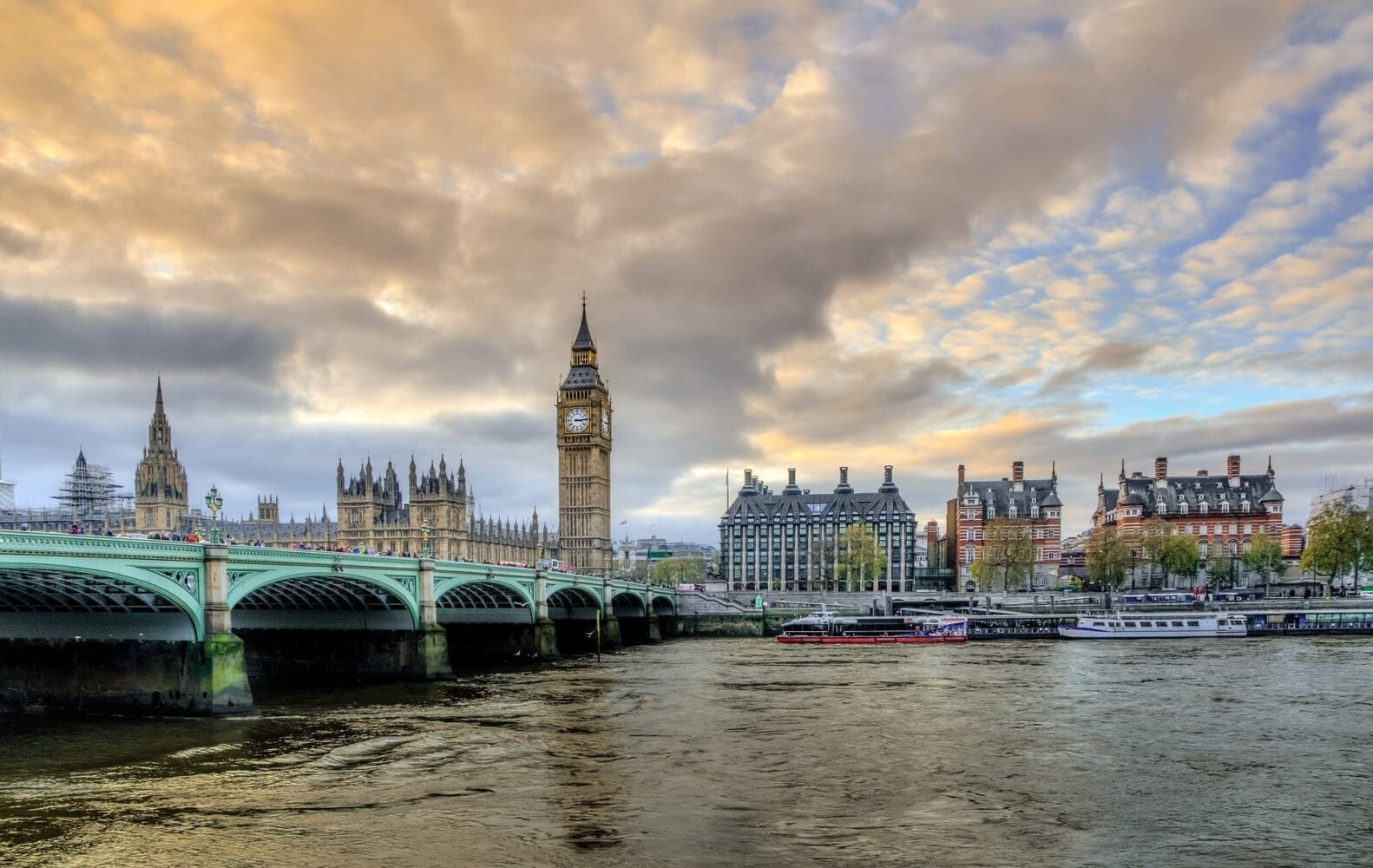Grand Challenge: Reduce your energy reduction now
In May 2018, the Prime Minister gave a talk about the Government’s Grand Challenges. She said: “We will use new technologies and modern construction practices to at least halve the energy usage of new buildings by 2030. By making our buildings more energy efficient and embracing smart technologies, we can slash household energy bills, reduce demand for energy, and meet our targets for carbon reduction.”
BOSS CONTROLS optimises Building Energy Management Controls (BEMS) and in our previous blog, we shared how BEMS can control as much as 84% of your building’s energy consumption (Source: Trend) so you can see where we are heading … We have simplified hundreds of pages of Government energy policies into one blog which we hope you find useful.
Why the Clean Growth Challenge is important?
The Clean Growth Challenge is important because it means that energy efficiency legislation will soon become tighter in order for the Government to meet its 2030 targets. The CRC Energy Efficient Scheme (CRC) will be abolished in 2018-19 and will be replaced by a simpler scheme in 2019 whereby more businesses will be required to report their energy reduction. It is thought this simpler reporting will raise awareness and enable more businesses to improve what is measured.
Business and industry now accounts for approximately 25% of UK greenhouse gas emissions. The Government has learned that there is insufficient awareness of energy costs, at senior management level, in many businesses. There is significant potential for UK businesses to save over £2 billion per year through improved energy efficiency in buildings and processes.
Boost your brand value by reducing your energy consumption now
The Government’s Clean Growth Strategy sets out how the Government will cost-effectively deliver the its decarbonisation obligations to meet the Climate Change Act 2008.
The Government has published business building energy use statistics for 2016 (Source Derived from Business population estimates, non-domestic national energy efficiency cited in The Government’s Clean Growth Strategy)
- Large business building energy use = 58%
- Medium business building energy use = 16%
- Small business building energy use = 13%
- Micro business building energy use = 14%
As you can see from above, 43% of business building energy use will still be unaccounted for even when the large business reporting becomes mandatory, which is why we predict that all businesses will eventually have to report their carbon in order for the Government to meet its targets. It is always better for your brand and your corporate reputation to be one step ahead (agile) rather than being a legislation laggard.
The Clean Growth Strategy is developing long-term policy and regulations to achieve its targets including simpler reporting (see below), refurbishment to improve energy performance in existing buildings and helping businesses to understand how investing in energy efficiency measures and technologies will boost their profits and business brand value.
The Government recognises that up to £6 billion could be saved by 2030 through investment in cost-effective energy efficiency technologies. Approximately 50% of these savings are available through improving the efficiency of buildings and processes, including by fitting better insulation and smarter BEMS. The other 50% is saved through reducing electricity waste and Energy Management Systems.
BOSS CONTROLS can help businesses because it is specialist BEMS optimisation solutions provider. Please call us on 01403 886508 for further information.
Streamlining energy reduction and reporting
The purpose of reporting is to raise awareness with business decision makers, and to inform markets and align with government policies. The Government wants to enforce the message that energy is a controllable cost. Businesses can improve their reputation and gain market share by disclosing their carbon usage. In fact, investors are now basing their decisions on disclosure of energy and climate risks.
Currently, only companies listed on the the stock exchange must report their carbon, although many businesses use international standards including ISO 50001 for energy management, the Greenhouse Gas Protocol or ISO 14064-1 FOR GHG reporting and Climate Change Agreements for energy intensive organisations.
To reduce the gap in unreported energy consumption, the Government is has invited feedback from businesses to select their choice from four carbon reporting options. The options include doing nothing; to mandatory reporting for companies using over 6GWh of electricity; or mandatory reporting for all large companies. The definition of a large company is one with over 250 employees and an annual turnover of more than £36m.
Evidence from Building Energy Efficiency Survey (BEES), which we wrote about in November 2016, states that reporting energy efficiency offers an excellent rate of return and quick wins. Measurement opens up conversations for business improvement.
BOSS CONTROLS is committed to energy reduction. We will be pleased to provide further information upon request. Either call us on 01403 886508 or use the contact form below.

